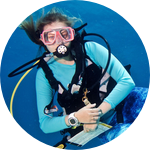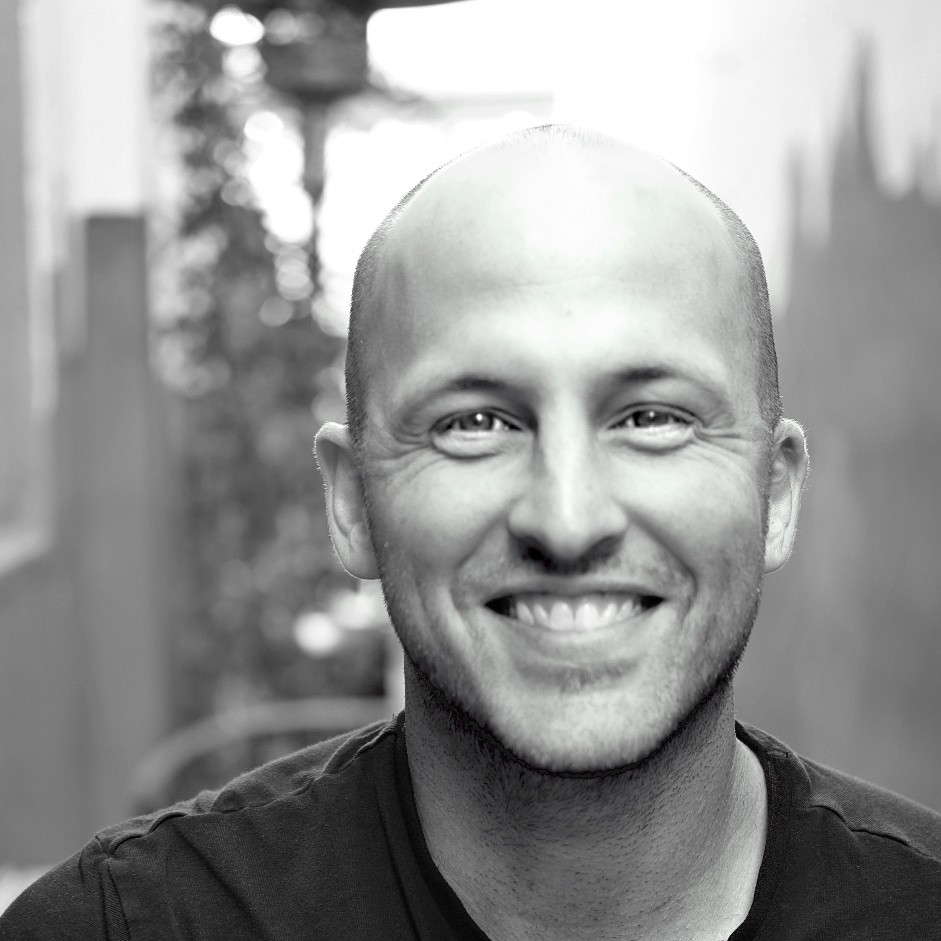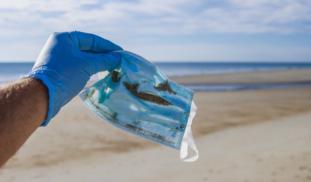Please wait...
About This Project
COVID-19 is having widespread impacts on humans and nature. The “Our Ocean in COVID-19” project aims to track these changes in the ocean in real-time through the pandemic and into a new normal. Using the free eOceans mobile app, participants track their ocean usage and log observations of human and animal activity. To improve participant retention, ocean literacy, and data quality we plan to build the world's first global, dynamic, in-app digital field guide for the ocean.

Browse Other Projects on Experiment
Related Projects
A sociotechnical toolkit for coral conservation and regeneration
This project aims to develop a sociotechnical toolkit for deploying meaningful biotechnologies in coral...
How does indigenous storytelling communicate best practices for coral reef management on Ulithi Atoll
Coral reef ecosystems are in need of conservation solutions. Indigenous adaptive management, supported by...
How do Black women fishing communities in Ecuador and Madagascar manage mangrove habitats and mitigate climate change?
I'm studying the resilient ways of ILK (indigenous and local knowledge) eco-governance of mangrove habitats...


